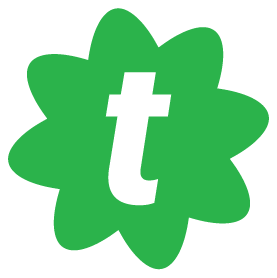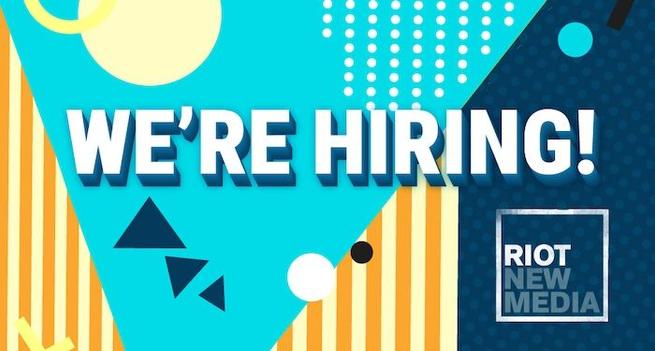“Will you love me in December as you do in May?” ― Jack Kerouac
#reading
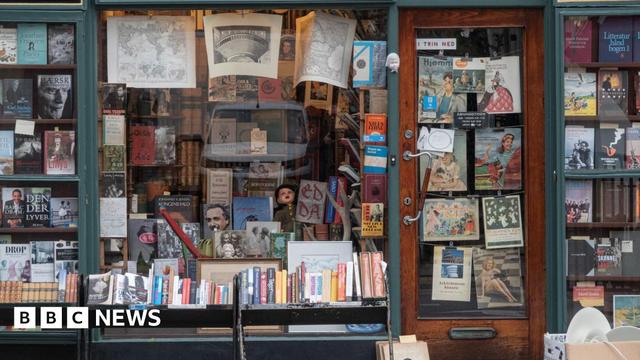
Jonathan Pongratz interviewed me on his site. It was really fun, I highly enjoyed the conversation. Very thankful to have done this. Enjoy!
#writing #reading #interview #blog #blogging #fantasy #horror #sciencefiction #books #writer
https://patrickwmarshauthor.wordpress.com/2025/08/20/read-my-interview-with-jonathan-pongratz/
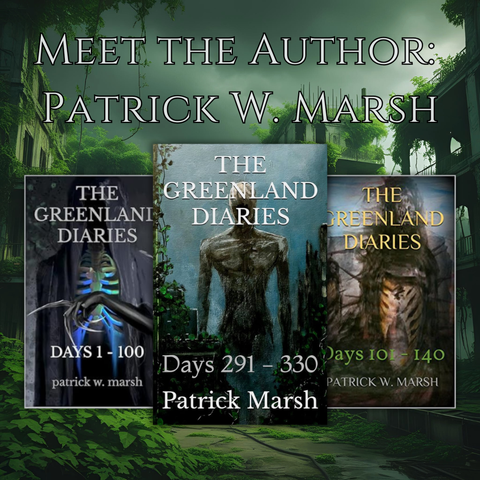
Review of "The Revolution to Come: A History of an Idea from Thucydides to Lenin" by Dan Edelstein (Princeton UP, 2025)
This was an interesting, accessible, if fundamentally conservative intellectual history of the idea of revolution. The basic argument is that the meaning and aims of revolution have changed over time. Initially, from the Greeks to the revolution in what became the United States, revolution was something to be avoided and feared. The goal was stability through effective, balanced governance. But with the advent of the idea of progress during the Enlightenment, ever since the French Revolution, revolution was seen as something desirable and necessary.
I read it largely as a critique of the desire for progress and of the left. Many of the critiques are fair, but my concern is that they have been selectively applied. For example, Edelstein locates the emergence of the practice of "political terror" as being intrinsically linked to progress and leftist revolution via events in France. I would argue that all states practice political terror. What was slavery and Indigenous genocide in what became the U.S. if not political terror? What of conservative regimes such as Pinochet's throwing opponents out of helicopters into the ocean? Or that most institutionalized of terror: the Nazi holocaust? Those receive no mention (aside from a claim they do not fit within the scope of study). To condemn Stalin is justified. But to give a pass to Hitler, Franco, Mussolini, et al. because they were not leftists is to miss the bigger picture. What is at issue is not the "pathological" aspect of leftist revolution, but rather the bane that is the nation-state and its exercise of illegitimate power and authority - left or right.
As a study, it is troubling in that it is focused solely on Western thought. There is no consideration of Indigenous forms of governance. Similarly, it is largely a story of powerful white men, with little consideration or contemplation of dynamics such as race or gender or who even gets to decide what government is desirable. Ultimately, what Edelstein wrote without knowing it or acknowledging it is a history of power from above. Unfortunately, those who have always critiqued such power, such as anarchists, are mentioned only in passing, while others are absent entirely.
I am not trying to entirely pan the book, there is much that is of interest, but I also believe that to extract such information one must read it against the grain - ironic, as his reading of revolution is presented as doing just that.
@bookstodon #bookstodon #books #reading #revolution #theory #philosophy #politics
Wednesday Weekly Blogging Challenge: Books I Had to Read in School and Liked
#WritingCommunity #WriterCommunity #BloggingCommunity #BloggerCommunity #WednesdayWeeklyBloggingChallenge #Challenge #Wednesday #blog #Books #Reading #School

Meet the people behind the books
Today I’m introducing new pages for people and other authors on The Online Books Page. The new pages combine and augment information that’s been on author listings and subject pages. They let readers see in one place books both about and by particular people. They also show let readers quickly see who the authors are and learn more about them. And they encourage readers to explore to find related authors and books online and in their local libraries. They draw on information resources created by librarians, Wikipedians, and other people online who care about spreading knowledge freely. I plan to improve on them over time, but I think they’re developed enough now to be useful to readers. Below I’ll briefly explain my intentions for these pages, and I hope to hear from you if you find them useful, or have suggestions for improvement.
Who is this person?
Readers often want to know about more about the people who created the books they’re interested in. If they like an author, they might want to learn more about them and their works– for instance, finding out what Mark Twain did besides creating Tom Sawyer and Huckleberry Finn. For less familiar authors, it helps to know what background, expertise, and perspectives the author has to write about a particular subject. For instance, Irving Fisher, a famous economist in the early 20th century, wrote about various subjects, not just ones dealing with economics, but also with health and public policy. One might treat his writings on these various topics in different ways if one knows what areas he was trained in and in what areas he was an interested amateur. (And one might also reassess his predictive abilities even in economics after learning from his biography that he’d famously failed to anticipate the 1929 stock market crash just before it happened.)
The Wikipedia and the Wikimedia Commons communities have created many articles, and uploaded many images, of the authors mentioned in the Online Books collection, and they make them freely reusable. We’re happy to include their content on our pages, with attribution, when it helps readers better understand the people whose works they’re reading. Wikipedia is of course not the last word on any person, but it’s often a useful starting point, and many of its articles include links to more authoritative and in-depth sources. We also link to other useful free references in many cases. For example, our page on W. E. B. Du Bois includes links to articles on Du Bois from the Encyclopedia of Science Fiction, the Internet Encyclopedia of Philosophy, BlackPast, and the Archives and Records center at the University of Pennsylvania, each of which describes him from a different perspective. Our goal in including these links on the page is not to exhaustively present all the information we can about an author, but to give readers enough context and links to understand who they are reading or reading about, and to encourage them to find out more.
Find more books and authors
Part of encouraging readers to find out more is to give them ways of exploring books and authors beyond the ones they initially find. Our page on Rachel Carson, for example, includes a number of works she co-wrote as an employee of the US Fish and Wildlife Service, as well as a public domain booklet on her prepared by the US Department of State. But it doesn’t include her most famous works like Silent Spring and the Sea Around Us, which are still under copyright without authorized free online editions, as are many recent biographies and studies of Carson. But you can find many of these books in libraries near you. Links we have on the left of her page will search library catalogs for works about her, and links on the bottom right will search them for work by her, via our Forward to Libraries service.
Readers might also be interested in Carson’s colleagues. The “Associated authors” links on the left side of Carson’s page go to other pages about people that Carson collaborated with who are also represented in our collection, like Bob Hines and Shirley Briggs. Under the “Example of” heading, you can also follow links to other biologists and naturalists, doing similar work to Carson.
Metadata created with care by people, processed with care by code
I didn’t create, and couldn’t have created (let alone maintained), all of the links you see on these pages. They’re the work of many other people. Besides the people who wrote the linked books, collaborated on the linked reference articles, and created the catalog and authority metadata records for the books, there are lots of folks who created the linked data technology and data that I use to automatically pull together these resources on The Online Books Page. I owe a lot to the community that has created and populated Wikidata, which much of what you see on these pages depends on, and to the LD4 library linked data community, which has researched, developed, and discussed much of the technology used. (Some community members have themselves produced services and demonstrations similar to the ones I’ve put on Online Books.) Other crucial parts of my services’ data infrastructure come from the Library of Congress Linked Data Service and the people that create the records that go into that. The international VIAF collaboration has also been both a foundation and inspiration for some of this work.
These days, you might expect a new service like this to use or tout artificial intelligence somehow. I’m happy to say that the service does not use any generative AI to produce what readers see, either directly, or (as far as I’m aware) indirectly. There’s quite a bit of automation and coding behind the scenes, to be sure, but it’s all built by humans, using data produced in the main by humans, who I try to credit and cite appropriately. We don’t include statistically plausible generated text that hasn’t actually been checked for truth, or that appropriates other people’s work without permission or credit. We don’t have to worry about unknown and possibly unprecedented levels of power and water consumption to power our pages, or depend on crawlers for AI training so aggressive that they’re knocking library and other cultural sites offline. (I haven’t yet had to resort to the sorts of measures that some other libraries have taken to defend themselves against aggressive crawling, but I’ve noticed the new breed of crawlers seriously degrading my site’s performance, to the point of making it temporarily unusable, on more than one occasion.) With this and my other services, I aim to develop and use code that serves people (rather than selfishly or unthinkingly exploiting them), and that centers human readers and authors.
Work in progress
I hope readers find the new “people” pages on The Online Books Page useful in discovering and finding out more about books and authors of interest to them. I’ve thought of a number of ways we can potentially extend and build on what we’re providing with these new pages, and you’ll likely see some of them in future revisions of the service. I’ll be rolling the new pages out gradually, and plan to take some time to consider what features improve readers’ experience, and don’t excessively get in their way. The older-style “books by” and “books about” people pages will also continue to be available on the site for a while, though these new integrated views of people may eventually replace them.
If you enjoy the new pages, or have thoughts on how they could be improved, I’d enjoy hearing from you! And as always, I’m also interested in your suggestions for more books and serials — and people! — we can add to the Online Books collection.
“The UK’s state broadcaster … regularly pays me residual fees. I want to be clear that I intend to use these proceeds of my work, as well as my public platform generally, to go on supporting Palestine Action and direct action against genocide in whatever way I can.”
@palestine @bookstodon #Palestine #Israel #Gaza #bookstodon #books #reading
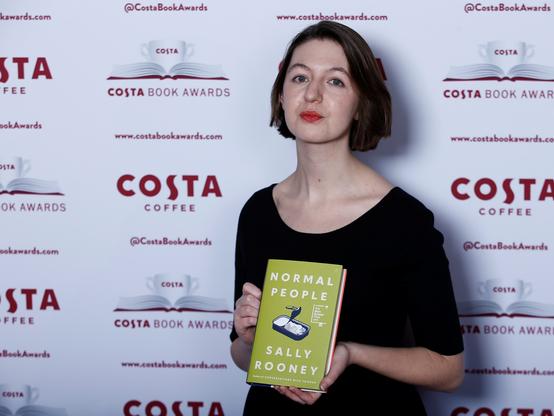
What I’m reading: The Notebook: A History of Thinking on Paper by Roland Allen
The Notebook is a deep dive into the history and usefulness of notebooks over the centuries. The author takes a journey from the days of parliament, vellum, and finally into the world where cheap paper opened up the usefulness of notebooks to nearly everyone. He has us meet Leonardo da Vinci, whose notebooks are famous to this day, or Aminto Manucci and Luca Piacioli, the creators and philosophers of double-entry bookkeeping, who changed life in many ways beyond that. He discusses authors, thinkers, scientists, and artists, and what the notebook meant/means to them.
hello friends!!
an #introduction post as I'm brand new to mastodon!!
I'm alex (he/him) a #queer #trans #artist and #writer who loves drawing silly little creatures and writing real intense #poetry.
I'm also a naturopathy student, little treat enthusiast, and father of two lovely #cats (daisy and guava) with my partner :))
I'm excited to have a cosy corner of the internet where I can share my drawings and doodles!! some of my other interests include #reading , #solarpunk , #cooking , #collage , #installationart , #nature and #tarot
anyway here's a drawing I did of a #cat wielding a #sword made of more cats
thanks ya'll!! I'm looking forward to meeting new people and other artists!!
I have blogged to promote my book: https://ocd-free.medium.com/a-gift-for-a-child-with-ocd-4bb7ea109c4b #youngadult #sciencefiction #author #books #reading #writing #funny #humor
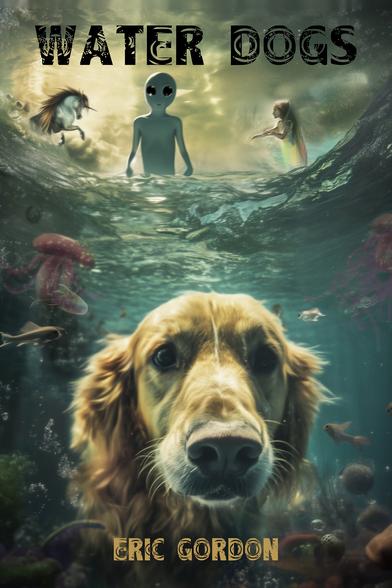
Discussed social media issues with friends today. People read less and chase shallow identities on (anti)social platforms, losing imagination and critical thinking. We need a change!
"If the purpose of law school is to teach students to think, the purpose of seminary is to teach students to read."
~ Rodney Kennedy
Kennedy thinks that seminarians and those who preach in churches need especially to read novels, to educate their imaginations, expand their sense of what's possible, cultivate empathy for those different from themselves — and in that way, preach better and be better pastors.
#seminaries #education #literacy #reading
/12
https://wordandway.org/2025/08/13/attention-preachers-read-more/

Our book promo has only had 3 sales so far, so shares/reposts would be greatly appreciated!
ABOUT US:
We are all indie authors in the very-hard-to-market middle grade genre. We pay our cover artists and editors out of pocket and have to figure out all the marketing and promotional stuff on our own, and these bundles are one of the ways we work together to help boost each other's work and bring attention to the indie book scene.
ABOUT THE BUNDLE:
With this bundle, you get 6 books for less than the price of a single cup of coffee per book! PLUS, this bundle includes:
A book that just won a Nebula Award (the ONLY indie to have ever done so in this category).
A book that won a Wishing Shelf Book Awards Silver Medal, was a Canadian Book Club Awards Finalist, and was also shortlisted for a Rubery Book Award.
A book that was a BBNYA Finalist and SFINCS Semi-Finalist.
NO AI GUARANTEE:
On top of all of that, with this bundle you're getting 100% human-made creativity. Stories dreamed up by humans, for humans, with no AI used in any part of the writing, process or cover.
This bundle is only available until tomorrow! Grab it today at:
hello all!
a lil #introduction post as i’m brand new to mastodon but incredibly intrigued by what i’ve seen while exploring so far :)
i’m danny (they/them), a #nonbinary artist and #insect enthusiast who draws a lot of #nature, especially bugs and mushrooms!! i also take a lot of #photography of nature, and bother people for the identification (i’m a life long learner and knowledge is tasty)!
i’m also working on a #graphicnovel (very early stages) that has a lot to do with the #environment, connecting with community and nature and what it means to belong to a place (also being #queer naturally) :3
some of my other interests include, #gardening, #solarpunk, #sustainability, #crochet, #reading, and #diy!!
i’m looking forward to meeting people!
New #BookReview on my #blog: 'Appalachian Folklore Unveiled"
https://itinerantlibrarian.blogspot.com/2025/08/book-review-appalachian-folklore.html
A book that "collects a variety of tales, stories, beliefs, superstitions, and omens from the Appalachian region."
#books #reading #ItinerantLibrarian #Appalachia #folklore #occult #review #esoterica #bookstodon
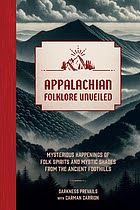
http://www.gutenberg.org/ebooks/74020
#books #reading #bookstodon #scifi #sciencefiction #scifiart #sciencefictionart #retro #retrofuturism #pulpfiction #pulp #bookart #bookcovers #coverart
The heat is stifling as Min and Hazel head to the park. But it’s not just tennis at stake in Proper Magic by Ali McClary:
https://www.fictionable.world/stories/proper-magic-ali-mcclary
Image: Spencer Davis
#books #reading #writing #fiction #ShortStories #translation #comics #blog #bookstodon @bookstodon

